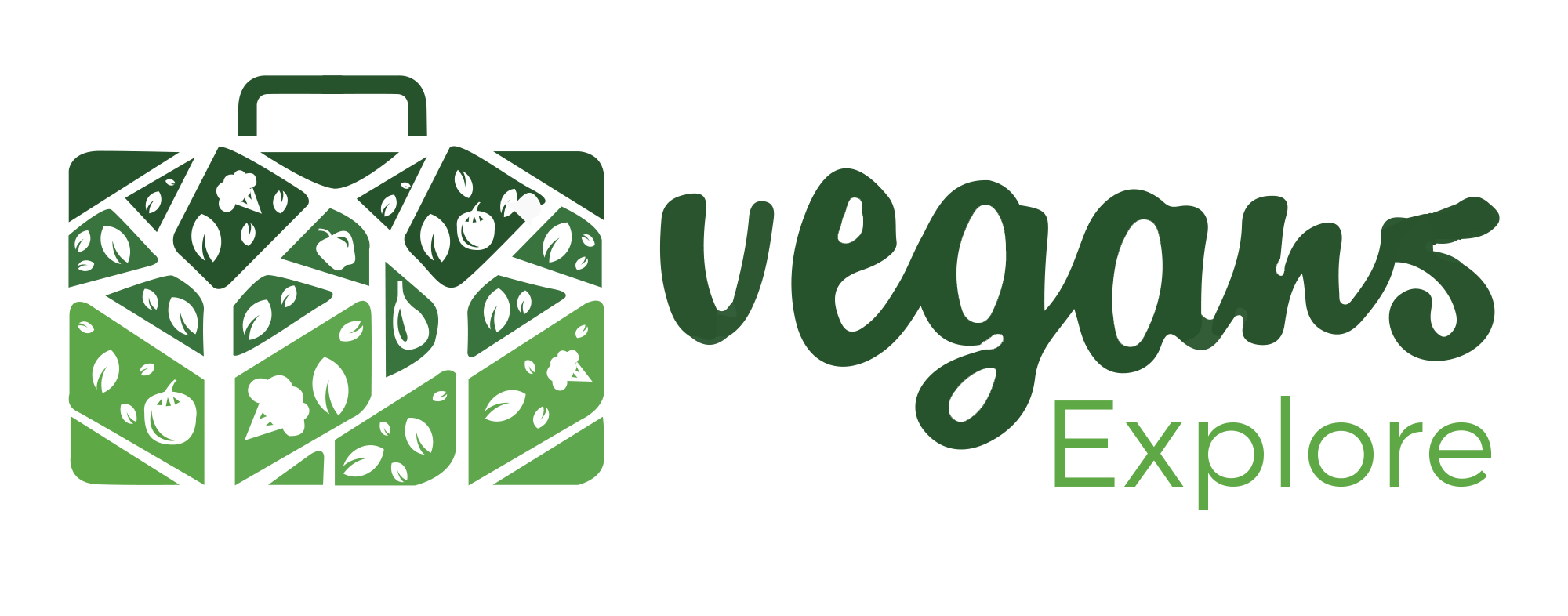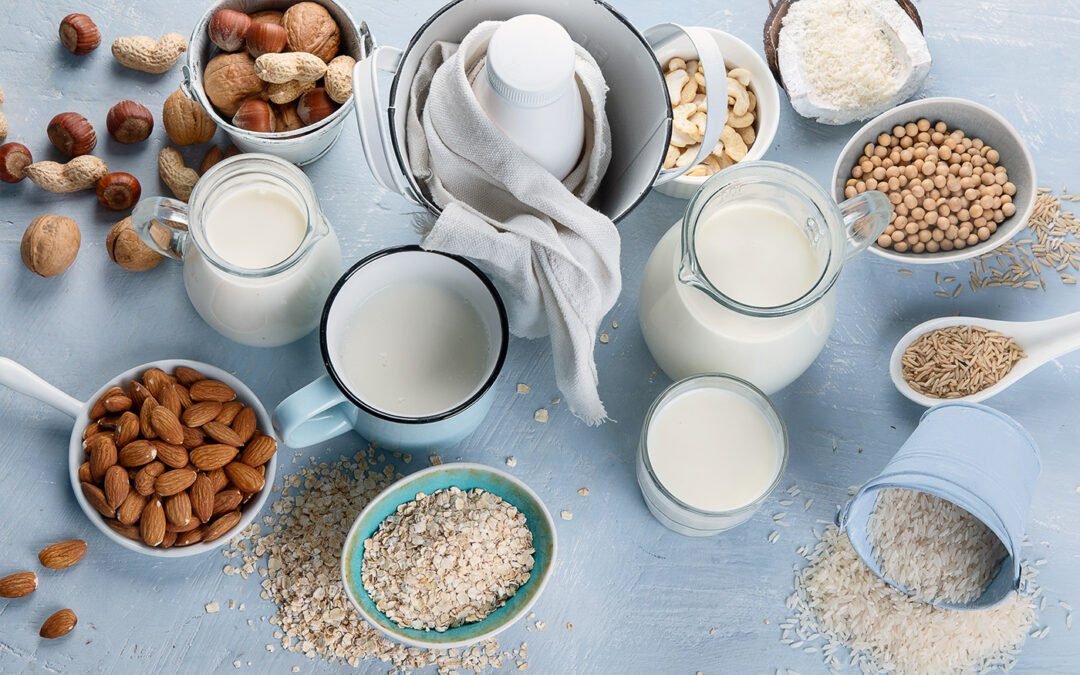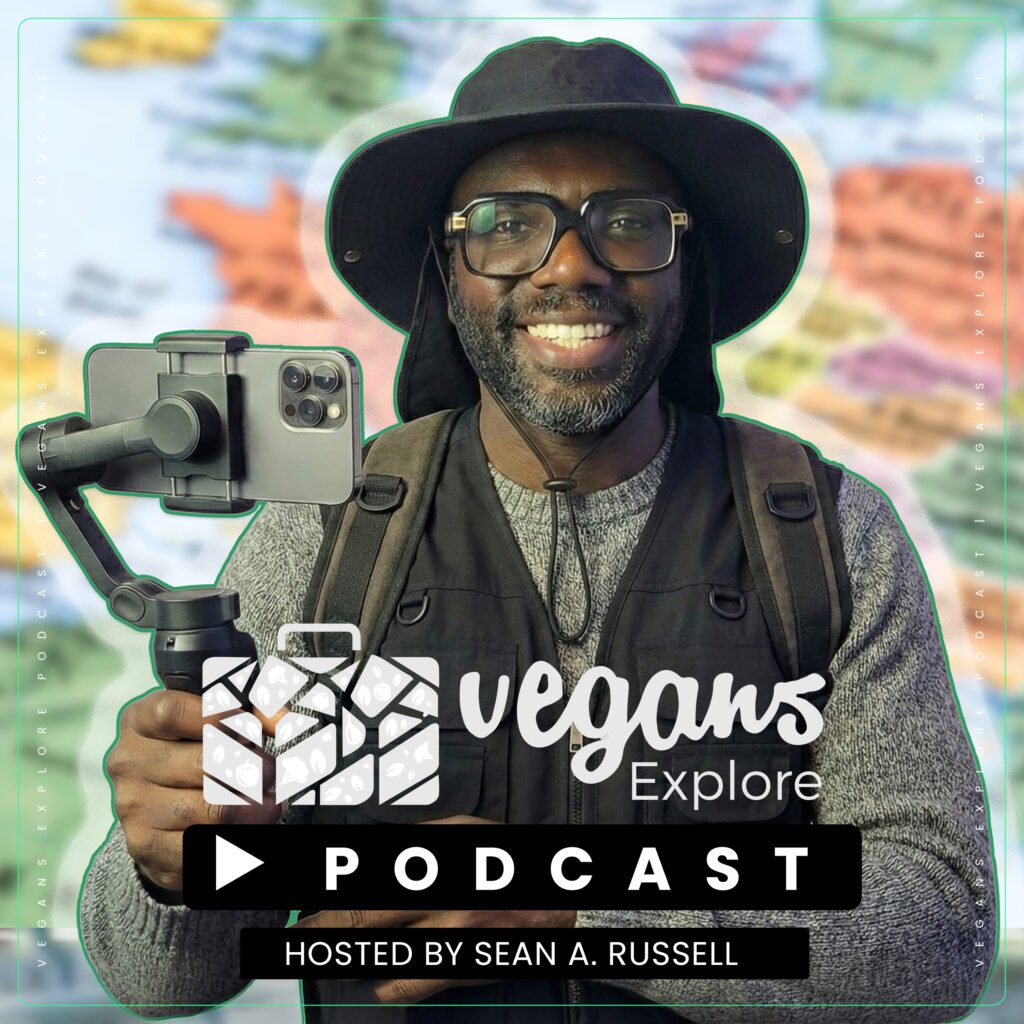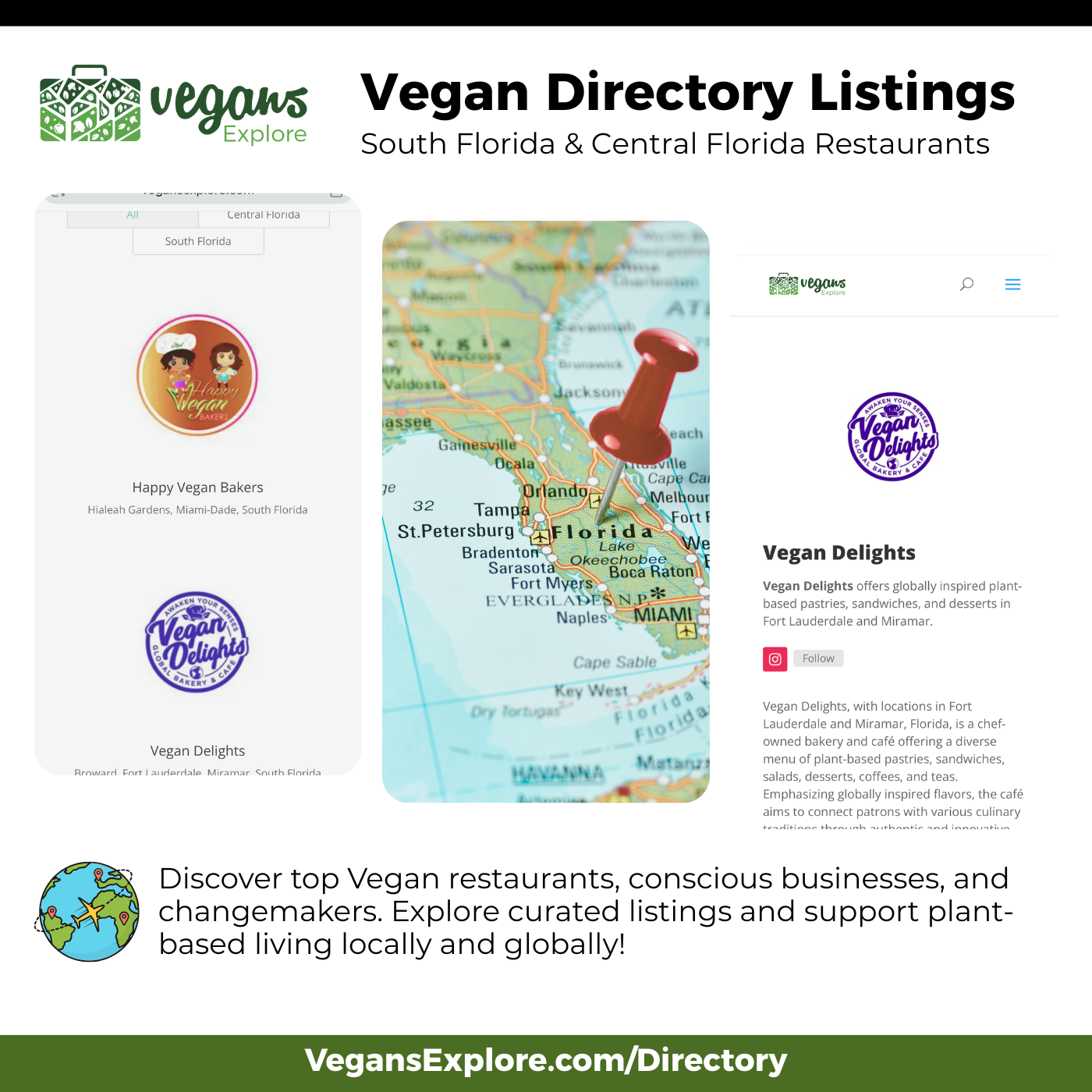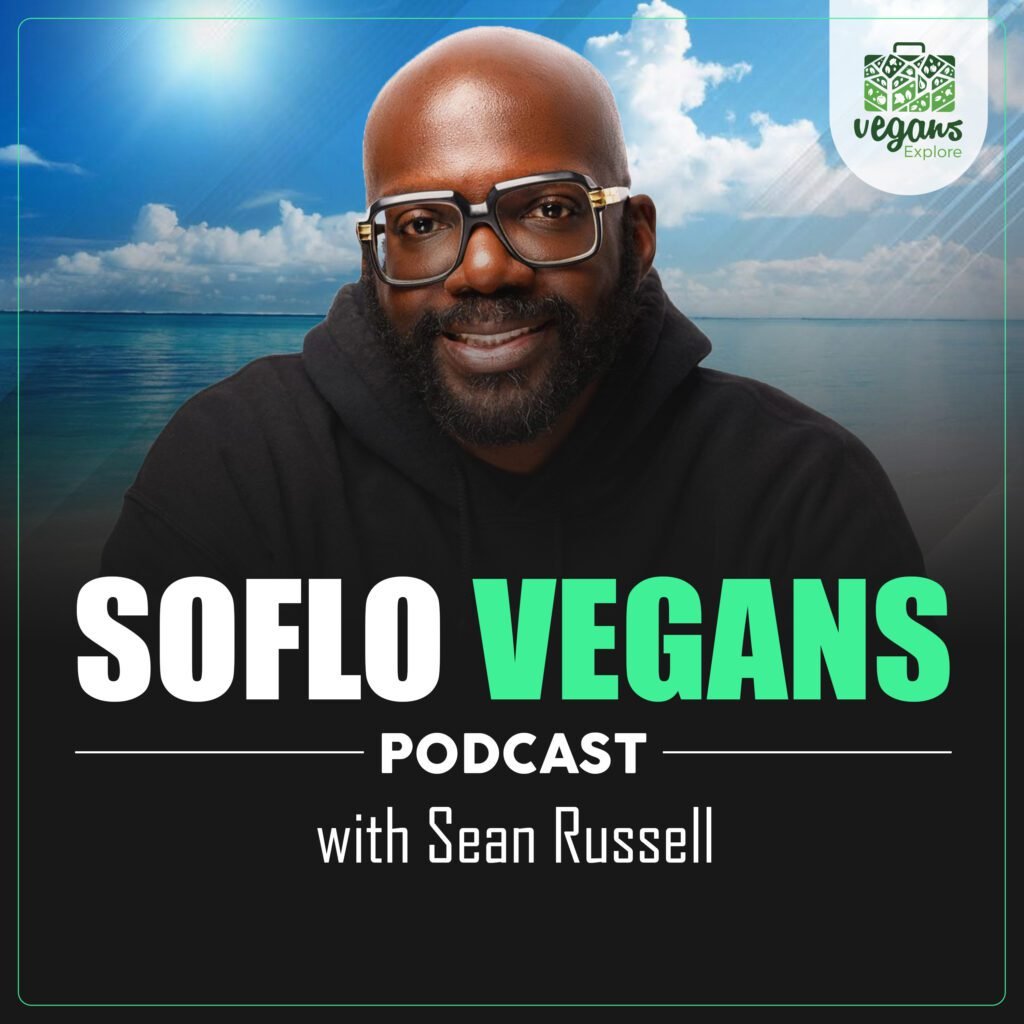For many people, giving up dairy can be one of the most challenging parts of adopting a plant-based diet. Despite the growing awareness of health, ethical, and environmental concerns related to dairy consumption, the attachment to dairy products like cheese, milk, and yogurt remains strong. Understanding why it’s so difficult to ditch dairy can help make the transition smoother and more sustainable.
1. The Science Behind Dairy Addiction
A. Casomorphins and the Pleasure Response
Dr. Neal Barnard, founder of the Physicians Committee for Responsible Medicine (PCRM), explains that dairy products contain casomorphins, which are protein fragments derived from casein, the main protein in milk【source: PCRM】. These casomorphins bind to opioid receptors in the brain, creating a sense of pleasure and calm, similar to a mild drug-like effect. This makes dairy, particularly cheese, quite addictive and contributes to cravings.
B. Dopamine Release
Dairy also triggers the release of dopamine, a neurotransmitter associated with feelings of pleasure and reward. Dr. Michael Greger, author of How Not to Die, points out that this dopamine response reinforces our desire for dairy, making it harder to break the habit【source: NutritionFacts.org】.
C. Childhood Conditioning
Many people are introduced to dairy at a young age, often as one of the first foods beyond breast milk or formula. This early introduction can create a deep psychological and emotional attachment to dairy products, associating them with comfort, warmth, and nurturing. This conditioning makes it challenging to give up dairy later in life, as it is often tied to memories and emotions【source: The China Study by T. Colin Campbell】.
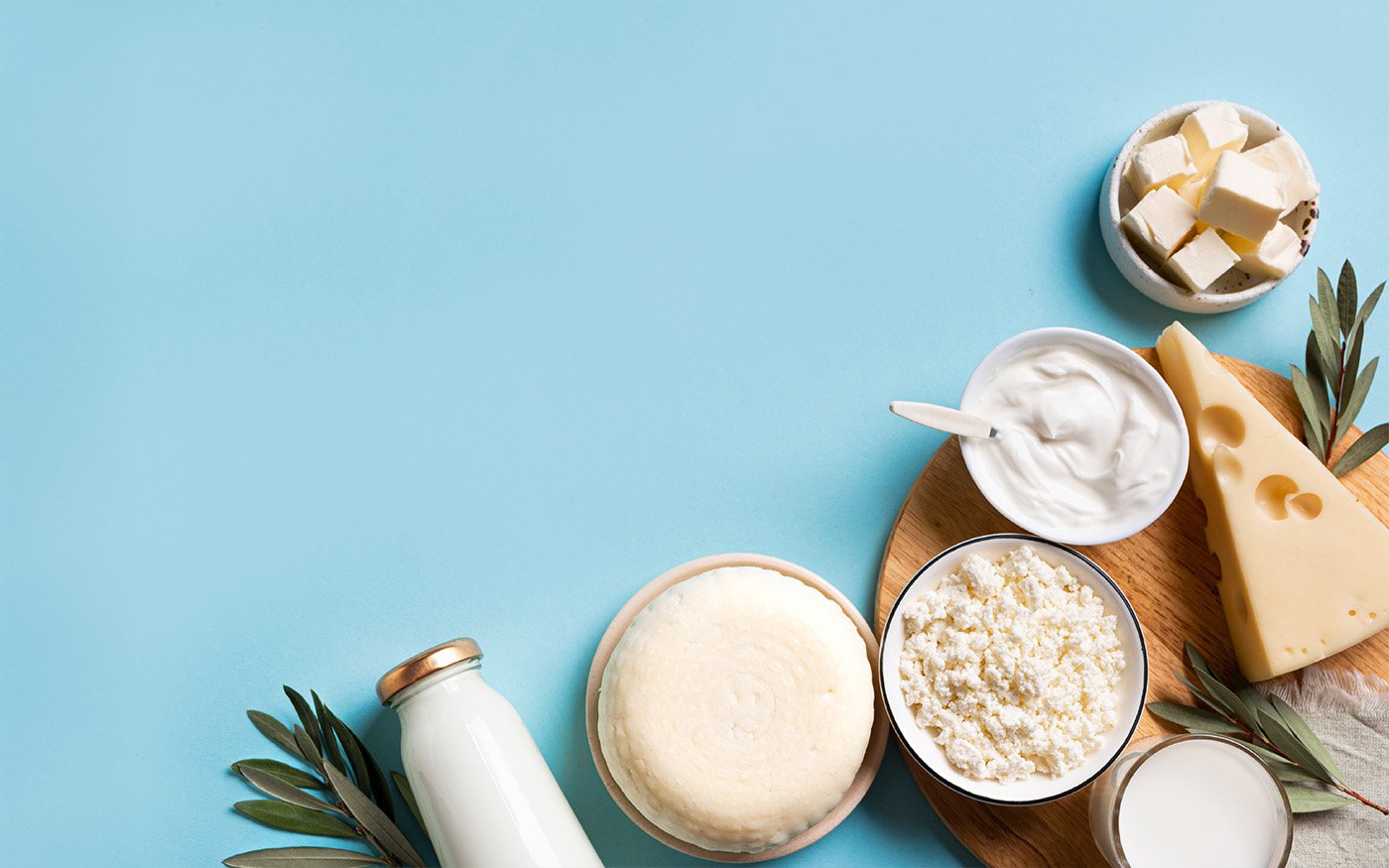
2. Health Myths and Misconceptions
A. Fear of Calcium Deficiency
One of the most common reasons people resist giving up dairy is the belief that it’s essential for strong bones and teeth. However, plant-based physicians like Dr. Caldwell Esselstyn, author of Prevent and Reverse Heart Disease, emphasize that calcium can be obtained from many plant-based sources, such as leafy greens, tofu, almonds, and fortified plant milks【source: Forks Over Knives】. In fact, some studies suggest that high dairy consumption does not necessarily equate to better bone health and may even increase the risk of fractures【source: British Medical Journal】.
B. Misconception of Dairy as a Health Food
Dairy is often marketed as a health food rich in protein, vitamins, and minerals. However, Dr. John McDougall, author of The Starch Solution, argues that dairy is high in saturated fat and cholesterol, which can contribute to heart disease, diabetes, and other health problems【source: Dr. McDougall’s Health & Medical Center】. Many plant-based alternatives offer the same nutrients without the health risks associated with dairy.
3. Popular Plant-Based Alternatives to Dairy
As plant-based eating becomes more mainstream, there are numerous dairy alternatives available today. Here are some of the most popular options:
A. Milk Alternatives
Almond Milk: Low in calories and has a slightly nutty flavor. Often fortified with calcium and vitamin D.
Soy Milk: A high-protein option with a creamy texture, comparable to cow’s milk. It’s usually fortified with vitamins B12, D, and calcium.
Oat Milk: Naturally sweet and creamy, great for coffee and cereal. Contains fiber and beta-glucans, which support heart health.
B. Cheese Alternatives
Nut-Based Cheeses: Brands like Miyoko’s Creamery make cheese from cashews and almonds, providing a rich, creamy texture.
Tofu-Based Cheeses: Tofu can be marinated and seasoned to mimic feta or ricotta.
Nutritional Yeast: Offers a cheesy flavor, is rich in B vitamins, and can be sprinkled on popcorn, pasta, or salads.
C. Yogurt Alternatives
Coconut Yogurt: Creamy and tangy, with a similar texture to traditional yogurt.
Soy or Almond Yogurt: Often fortified with probiotics, calcium, and vitamin D, making them comparable to dairy-based options.
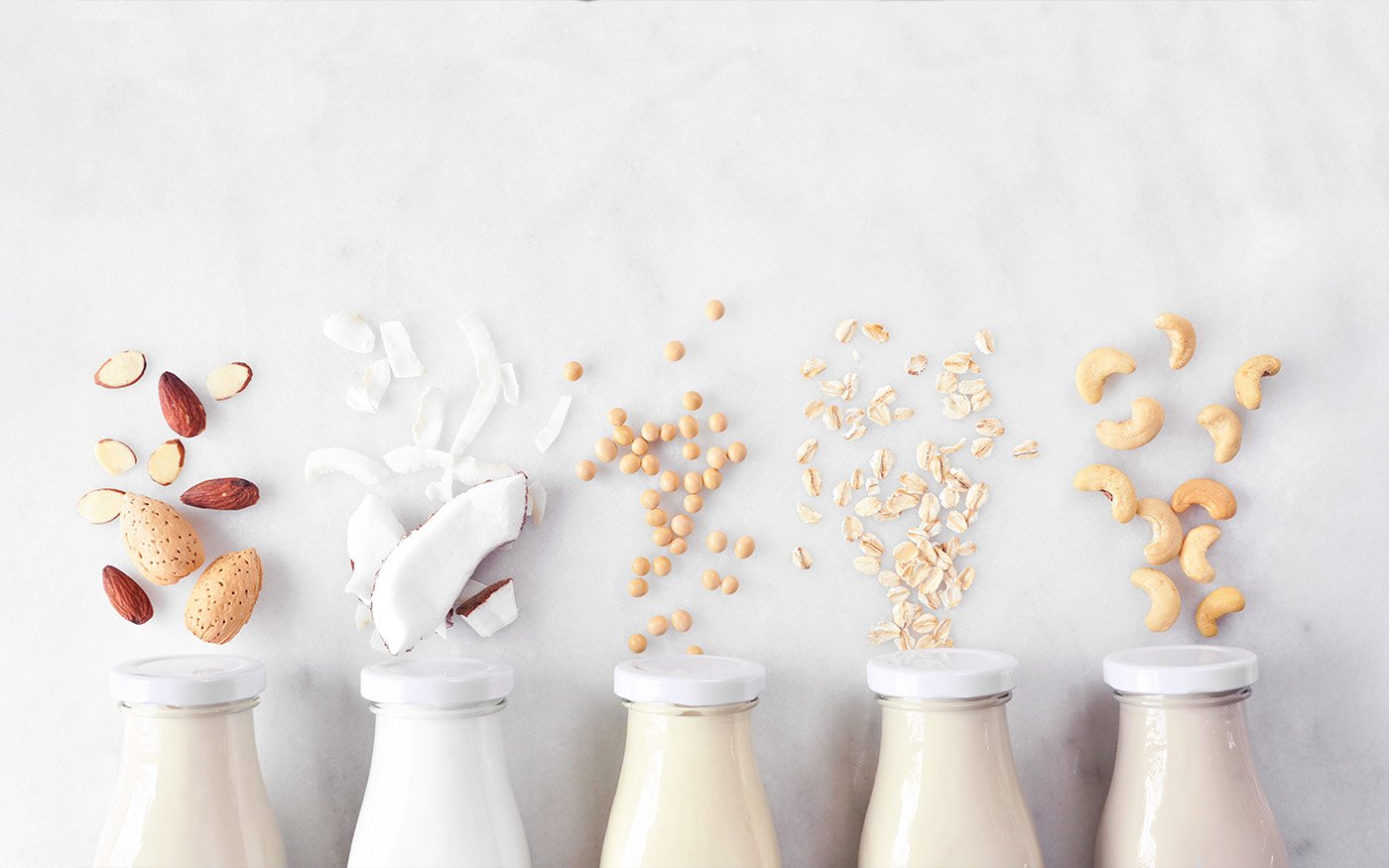
4. Tips for Transitioning Away from Dairy
Gradual Replacement: Start by replacing one dairy product at a time, such as switching from cow’s milk to a plant-based alternative.
Experiment with Flavors: Try different brands and varieties of plant-based products to find the ones you enjoy most.
Find Support and Recipes: Websites like NutritionFacts.org and Forks Over Knives offer plenty of tips and recipes for incorporating dairy-free options into your diet.
📚 Must-Read Books & Guides
-
“The Cheese Trap” by Dr. Neal Barnard – Eye-opening info on why ditching cheese is a game-changer for health.
-
“Nourish” by Reshma Shah, MD & Brenda Davis, RD – Nutrition-packed with practical tips for plant-based families.
-
“The Vegan Starter Kit” by Dr. Neal Barnard – Quick and simple guide to transitioning off animal products.
🎥 Documentaries to Watch
-
“Forks Over Knives” – Highlights the health benefits of a plant-based diet.
-
“What the Health” – Explores how dairy impacts health.
-
“Cowspiracy” – Uncover the environmental impact of animal agriculture.
🌐 Websites & Resources
-
Switch4Good – Athlete-backed resource with dairy-free recipes, tips, and stories.
-
Go Dairy Free – The ultimate guide to living dairy-free, with recipes, product reviews, and health info.
-
PCRM’s 21-Day Vegan Kickstart – Plant-based meal plans and nutrition tips.
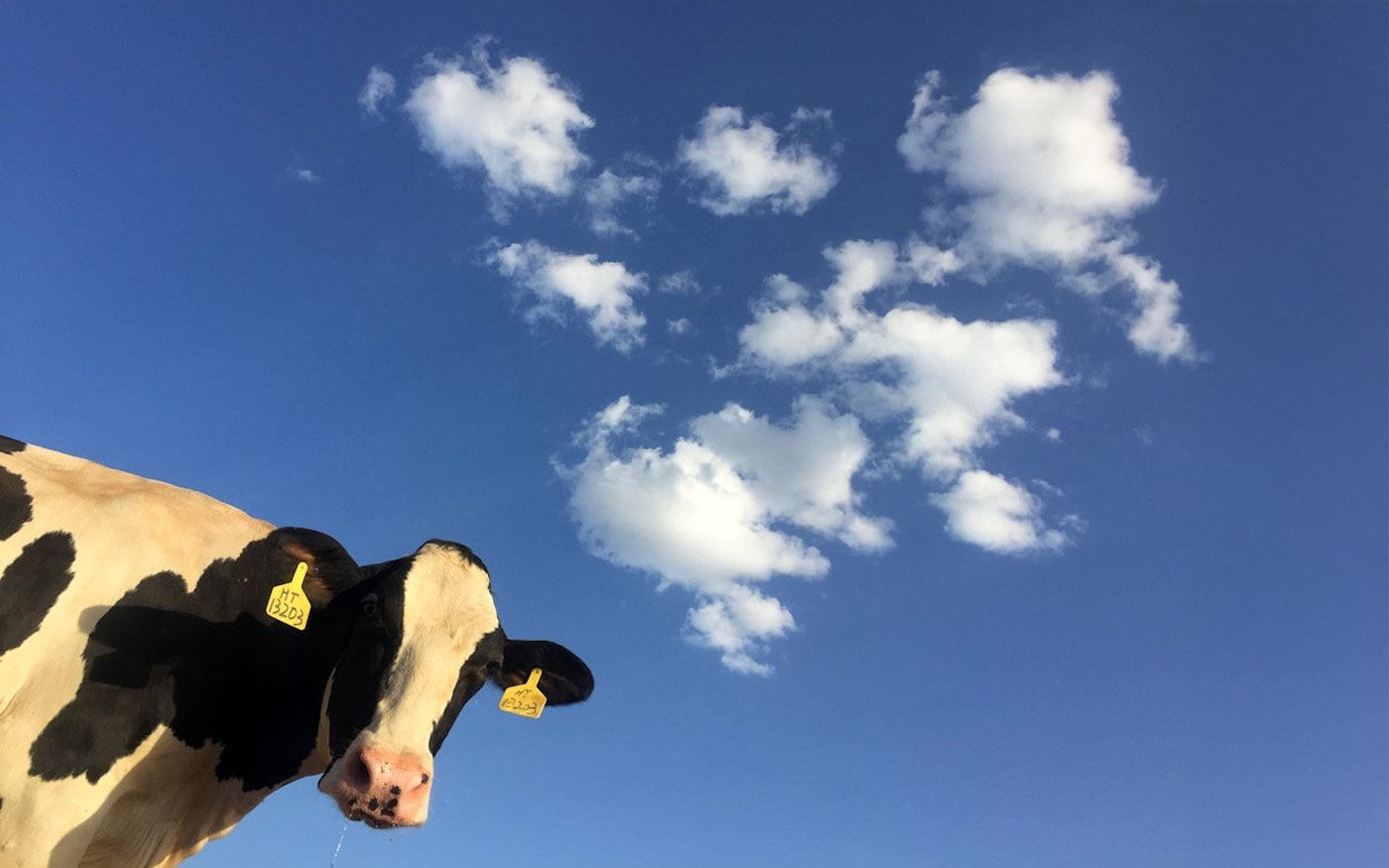
Conclusion: Breaking Free from Dairy
While it can be tough to ditch dairy due to its addictive properties and long-standing misconceptions about its health benefits, understanding the science behind it can empower you to make healthier choices. With an abundance of delicious plant-based alternatives available today, transitioning away from dairy is more achievable than ever, offering health benefits, environmental sustainability, and a compassionate lifestyle.
